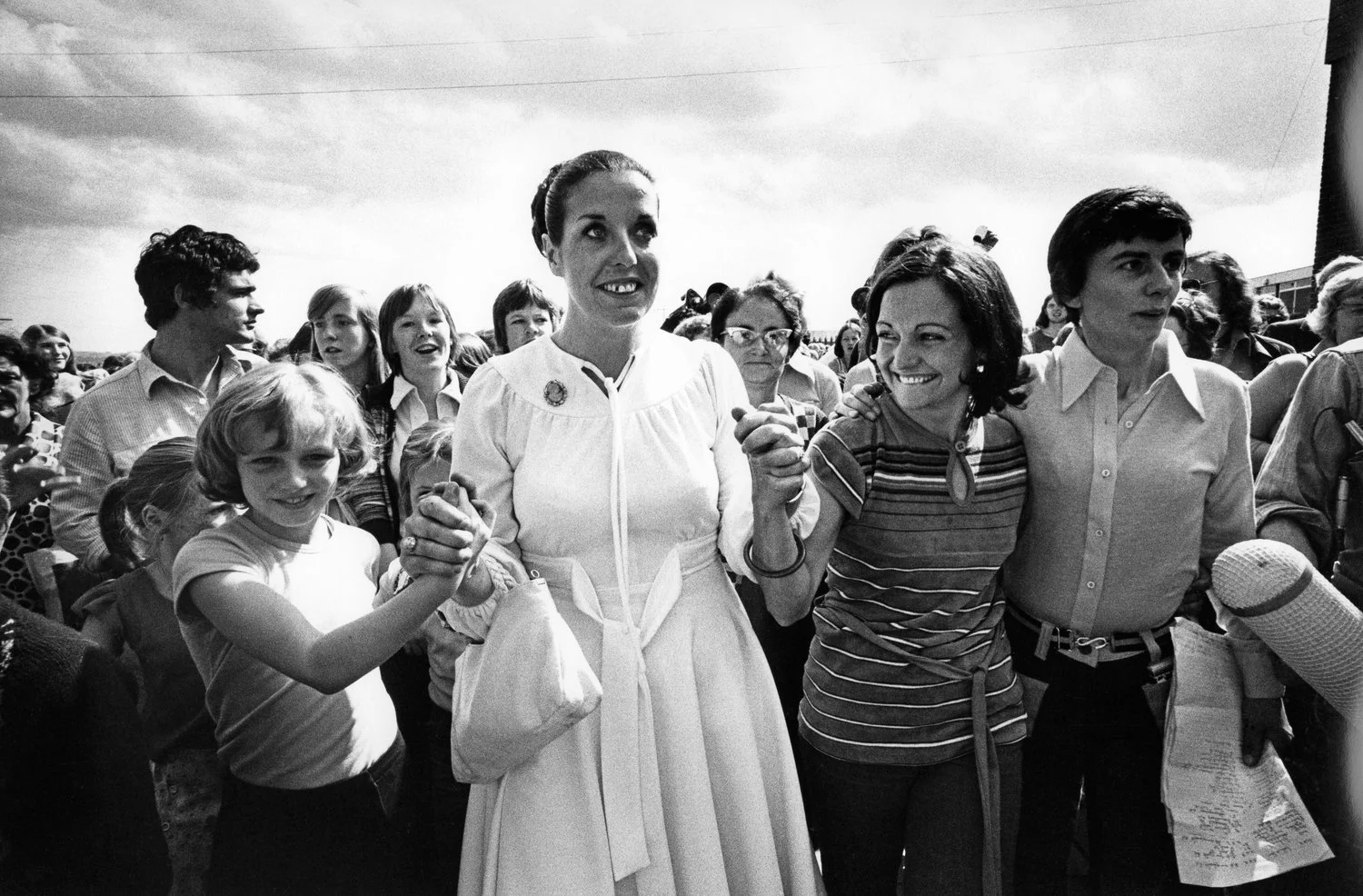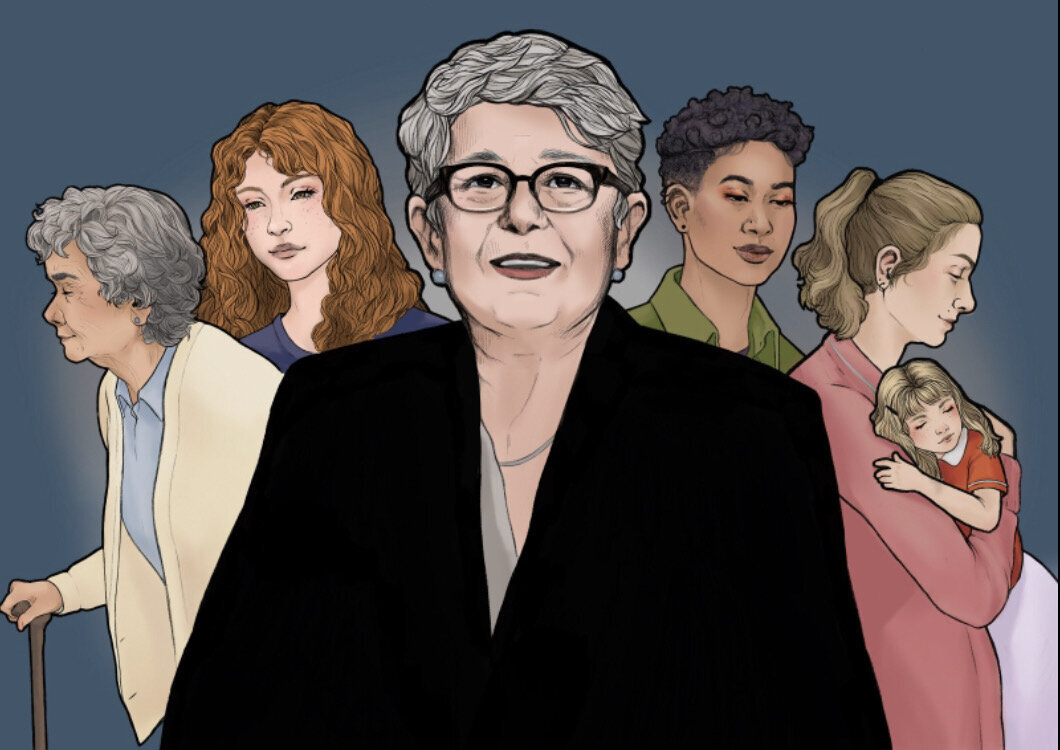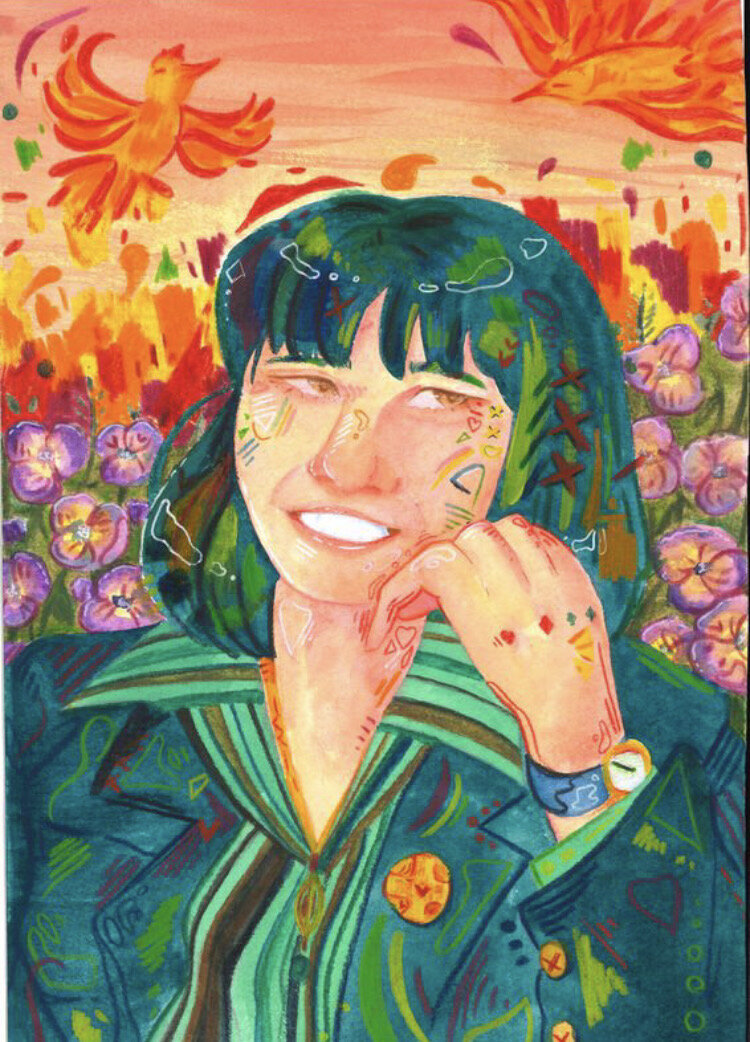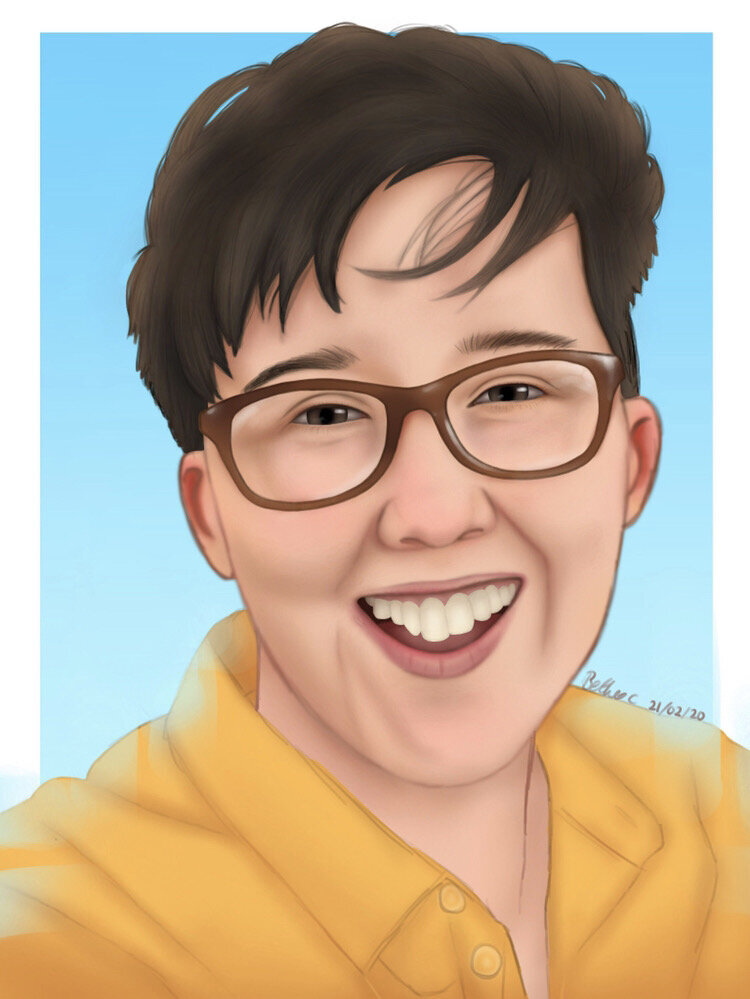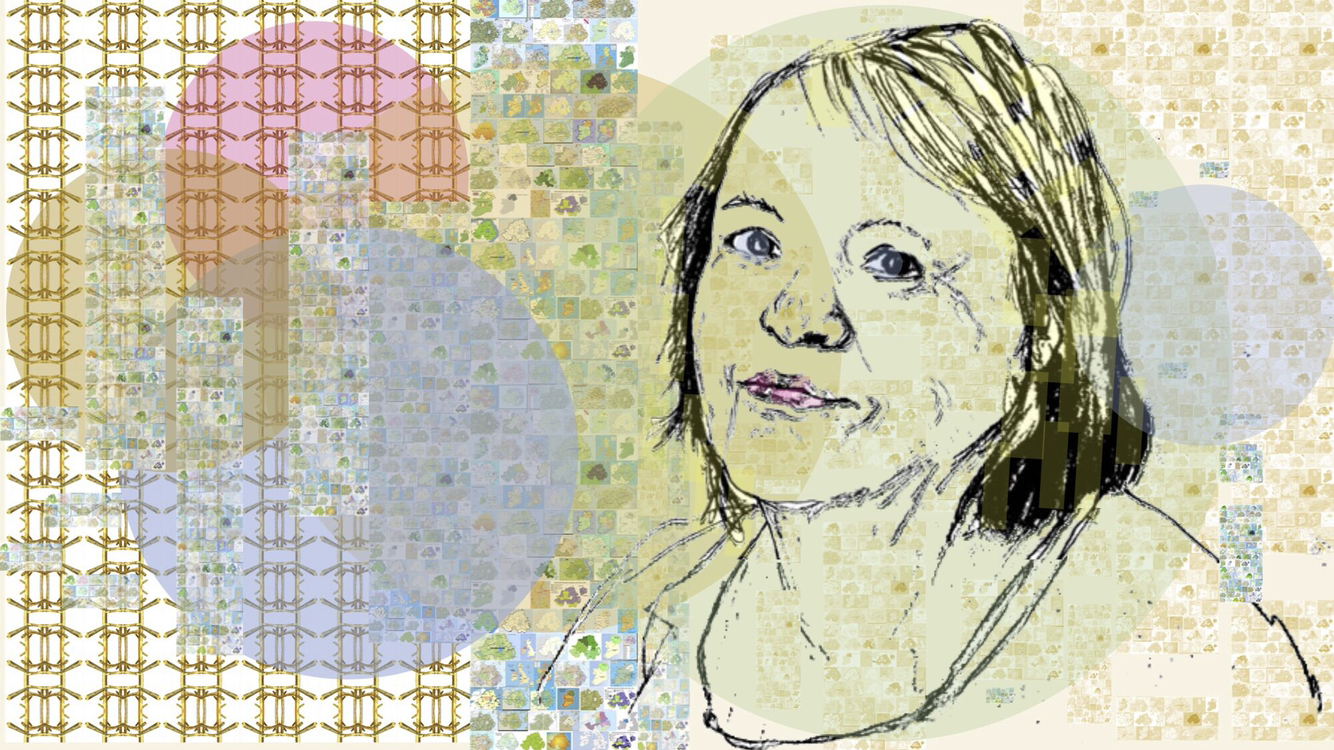Women and the Northern Ireland Peace Process
Published: 12th September 2019
The Troubles – or the Northern Ireland conflict – was an ethno-nationalist conflict which began in the late 1960s and is generally accepted as having ended with the signing of the Good Friday Agreement in 1998. Fuelled by historical events, the conflict was largely political and sectarian with the main point of contention being the constitutional status of Northern Ireland. Unionists or loyalists – who were mostly Protestant – wanted to remain a part of the UK however the nationalists/republicans – who were mainly Catholic – sought a united Ireland. 3,532 people were killed during the conflict, with approximately 50,000 total casualties over the three decades. Women from all walks of life in Northern Ireland, in particular, played a vital role in the peace process and continued this cross-community dialogue long after the Good Friday Agreement was signed. They did everything from supporting victims of sectarian violence and victims’ families, to lobbying politicians and organising mass protests.
Isabella Tod by Victoria Subirats Figueras
Women are ‘citizens of the state, inheritors with men of all the history which enobles a nation, guardians with men of all the best life of the nation; bound as much as men are bound to consider the good of the whole; and justified as much as men are justified in sharing the good of the whole.’ – Isabella Tod
From as far back as the 1860’s, women in the North of Ireland had been working together to assert their civil rights and challenge various laws that restricted their freedoms; issues regarding women’s education, married women’s property rights and voting rights. In 1872-3, Isabella Tod, a Scottish-born Presbyterian living in the North of Ireland since the 1850s, founded the North of Ireland Women’s Suffrage Society in order to campaign for a woman’s right to the parliamentary vote. Because Ireland was under British rule at the time, there was a certain collaborative effort on the part of women from both the north and south of the country, as well as with the women in England, Scotland and Wales, in their efforts to establish these common goals. This cooperative characteristic of the women’s movements continued into the 20th century with suffragism, trade unionism and eventually, the peace movement of the 1960s on.
‘Peace won’t be the end of the movement – more likely the beginning.’ – Monica Patterson
Perhaps the first women’s group to seek peace was Women Together, set up by Ruth Agnew, a Protestant, and Monica Patterson, a Catholic Englishwoman, in the autumn of 1970. It came from a meeting called ‘Women Together,’ organised by PACE (Protestant and Catholic Encounter), which encouraged women from trouble spots across Belfast ‘to discuss ways in which women could bring their influence to bear for better community relations.’ Local groups were set up across Northern Ireland and from then on, the members of Women Together were a constant on the streets stopping rowdyism and vandalism between gangs of youths and removing burnt out cars as well as publicly supporting peace and victims of intimidation.
‘There was a big risk in doing cross-community work. You were threatened but when you get a group of very strong women together who have a real aim in life, there’s very little that stops them, even a threat.’ – May Blood
May Blood, groupwork by students at Hazelwood College, Belfast
At the same time as Women Together were organising, so were women at a much more local level. May Blood, for example, became involved in voluntary work within her own housing estate. At a meeting of the residents – both Catholic and Protestant – they decided to put aside the constitutional issues and work together on issues that affected them all such as poor housing, low education attainment and high rates of teen pregnancy. Students, too, had a real role in the peace movement. Queen’s University Belfast elected their first female president of their SU in 1974, a woman named Bronagh Hinds, who had attended the Civil Rights march in Derry two years prior with her classmates. During her presidency she was a strong advocate for women and equal rights and went on to co-found the Northern Ireland Women’s Right’s Movement in 1975 where she advocated for consumer rights and single-parents families. Similarly, many women religious ‘organised creches, mum and toddler groups, pensioner lunches, cookery, beauty, dancing and a host of other classes that opened doors in the walls dividing the communities through which the women walked but which the men didn’t see.’ These women ‘worked to maintain some semblance of normality for the working-class communities that bore the brunt of the Troubles.’
Bronagh Hinds by Emma Doran
‘Fear is the main problem we have to cope with in our community but all it takes is just one person to say, ‘I won’t stand for this.’ – Eileen Semple
Derry Peace Women, 1972
In Derry, five women from the Bogside and Creggan areas came together following Bloody Sunday in 1972 to campaign for peace. They had no specific title and were known simply as the ‘five Derry peace women.’ The Belfast Telegraph credited them with having ‘played an important part in the moves for an end to violence’ before the ceasefire of 29 May 1972, and stated that ‘without the women’s movement, Mr Whitelaw’s task of obtaining a ceasefire would have been impossible.’ The women moved throughout Ireland and Northern Ireland lobbying politicians, consulting military chiefs and ‘putting the cause of peace to militant republicans.’
Sunday News, 5 Sep 1976
‘This is not an organisation it is just a collection of mothers from the areas affected.’ – Betty Williams
In August 1976, Betty Williams helped to collect over 6,000 signatures on a petition for peace when she witnessed a car crash into a young family after the driver had been fatally shot by the British Army. Three children had died, and their mother was seriously injured. ‘What happened to the Maguire family […] could have happened to any one of us women out walking with our children,’ Williams said of her motivation. Aunt of the children, Mairead Corrigan, soon reached out to Williams and together the two organised peace rallies. While many thousands attended these rallies, it was also the geography of the demonstrations which made them historic – one in particular was held on the Shankill road – the heart of Protestant Belfast – where they reached out to welcome thousands of Catholics over the peace line. The two women, along with co-founder Ciaran McKeown – travelled the world giving speeches and encouraging peace work and even won the Nobel Peace Prize for their efforts.
Betty Williams and Mairead Corrigan, 1976
‘What keeps me going and helps me deal with the stress is the fact that over the previous twenty years lots of people in Northern Ireland have given year after year of their life to try and get a peaceful settlement. They so desperately want it […] and I just think – I’m in this position, the least I can do for those who don’t have the power that I have is to do everything I can to get a settlement…’ – Mo Mowlam
In 1997 Mo Mowlam from the Labour party was the first woman to be made Secretary of State for Northern Ireland, and her main priority was finding a solution to the troubles there. She was eager to attain an IRA ceasefire so that they could join the all-party peace talks, and eventually, she did. Towards the end of 1997, negotiations in Northern Ireland ‘had reached an impasse’ so in January 1998, Mowlam took ‘an audacious gamble’ and entered the Maze prison to address loyalist prisoners in an attempt to get them to reverse their opposition to the peace process. Of the visit she said ‘putting my case face-to-face, arguing it through with them, I thought, was the best way of doing it, so I’m here. No gun, no metaphorical gun, just a very constructive, informed debate.’ Following this, representatives of the prisoners said that they would re-join talks.
Mo Mowlam
‘One of the reasons the Women’s Coalition stood was because we noticed that there was going to be very few female voices around the table that was negotiating the future landscape for Northern Ireland. I think there was a recognition that more female voices could bring new perspectives and a positive dynamic. It was a momentum for change.’ – Bronagh Hinds
In 1996, some women upon discussing the upcoming multi-party peace talks, lamented the fact that due to the lack of women in politics, women’s voices would not be considered by the politicians negotiating plans; for the future of Northern Ireland. A meeting of many different women’s groups was held in April of that year and the Northern Ireland Women’s Coalition was founded shortly afterwards. They would go on to take two constituency seats which were taken by Monica McWilliams and Pearl Sagar. Of the Coalition’s legacy, Hinds stated that ‘had it not been for women we would not have seen any reference to integrated education, to integrated communities, to the advancement of women in political and public life, and particularly the issue in relation to supporting victims.’
Saidie Patterson by Jasmine Elliott
‘I believe the women of Ulster will create a society in which ignorance, fear and hate shall give place to liberty, justice and peace.’ – Saidie Patterson
The Good Friday Agreement was signed on 10 April 1998, but the peace movement continued. Women Together ‘were at the heart of the moving forward together campaign,’ with an important emphasis placed on community dialogue and cross-community support. Women’s centres such as the Shankill and Falls Women’s Centres respectively, continue to work together on funding applications and courses which may benefit women in both centres and from both areas.
‘I should not be saying I want round the table – the men round the table should be saying ‘where’s the women?’’ – Eileen Weir
These women faced daily threats to their lives and the lives of their families, and many overcame personal struggles with poverty, poor education and personal tragedy, to work together for peace in Northern Ireland. They have not been written out of history, because most of them were never written in in the first place. Even twenty years on, it’s been said that the women’s movement is rising once again to hold the peace in Northern Ireland today.
In 2019, we asked students across Northern Ireland to share with us their artwork inspired by the women involved in the peace process. We were blown away by the response we got. One of our themes at the 2020 Herstory Light Festival was the Northern Ireland Peace Heroines, wherein we lit up Belfast City Hall with the students’ artwork. The result was a powerful light show illuminating the women whose work has largely been ignored. An exhibition of these beautiful images will be launched in Stormont soon, but in the meantime, check out the gallery below (and for more, see here).
It’s time we heard Herstory – and while the above is a highly simplified overview of the peace work carried out by some, dedicated biographies of the women mentioned above, and others, can be found on our website and at https://www.rte.ie/culture/herstory/
Sources:
Research paper given at King’s College London to the Contemporary British History Society on 14 November 2018 by Dianne Kirby. The paper is based on an oral history project, ‘Women religious and the Northern Ireland Peace Process: Breaking the Silence.’
Belfast Telegraph, 28 June 1972.
Sunday Tribune, 24 Jan. 1988.
Meban, Alan, ‘Bronagh Hinds on role of women in political discourse at home & abroad #msconversations,’ 9 Oct. 2017 online at sluggerotoole.com, https://sluggerotoole.com/2017/10/09/bronagh-hinds-on-role-of-women-in-political-discourse-at-home-abroad-msconversations/ [accessed 11 July 2019].
Bios, History, online at https://www.history.co.uk/biographies/mo-mowlam [accessed 27 May 2019].
The Guardian, 10 Jan, 1998.
Irish Independent, 10 Jan. 1998.
Anne Carr, ‘Women in Northern Ireland should be leading peacebuilders again,’ openDemocracy, online at https://www.opendemocracy.net/en/5050/women-in-northern-ireland-should-be-leading-peacebuilders-again/ [accessed 4 June 2019].
Special thanks to Caoimhin O’Dochartaigh and family for their help exploring the life of their mother Margaret of the Derry Peace Women.
